My favorite books of 2023
Not a year-end "best-of" list, but rather a look at a handful of the books I most enjoyed reading this past year
(HUDSON, N.Y., December 8, 2023) - I don’t read enough new books each year to compile a year-end “best-of” list. For one, I am equally as interested in “backlist,” meaning books published before the current year, as I am in books that are hot off the presses. There is sort of a competition between “new” and “old” books to gain my attention in that manner. I have no desire to read books that are new just because they are new. Newness is interesting to me only if it comes related to other reasons I choose to read a book: that it’s by a favorite author, that’s it’s about a favorite topic, that a review makes it sound like something I will love (and I do read a ton of book reviews and put stock in many or most of them, although I do have my favorite reviewers or review publications, and often it is the consensus about a book that will drive me to read it).
Word-of-my-mouth drives a significant proportion of what I read, and that word mostly belongs to my wife. She works in publishing and reads a ton of books each year, many before they are even published, and while in the end we do not always agree about what we read, at least it is fodder for conversation. (Although to be honest, I am a terrible discussant of books: it’s the pure act of reading that gets me and then, occasionally, writing about the work that I enjoy. Talking about a book I have read comes at or near the bottom of what I like about reading, which is to me a very personal act. I would be a terrible book-group member, I fear, but I am pretty certain that is a proposition that will never be tested, at least not in this lifetime.)
Also, a good proportion of what I read is “for work.” Since for the most part I am selective about what I do for work, and therefore what I have to read for work, this is rarely a problem – I almost never have to read something that I would not ordinarily read if it were simply up to me -- but it certainly does skew what I read in any given time period, whether it is for a single book review or research for a larger project.
All this is simply to say that I am not the guy you come to ask about the “best” books of the past year or of any year. That’s why I prefer simply to share with readers my favorite books I read during the past year, with the understanding that I am drawing from a very small selection (averaging about 50 books per annum).
But enough preamble and qualifiers. Here are a few of my most favorite books that I read this past year. I offer them in no particular order, other than perhaps to say that the first book on my list is the one that I was most excited about reading the entire way through, one that I am sure will wind up near the top of my list of all-time favorite – or “best” – books.
The Heaven & Earth Grocery Store by James McBride (Riverhead, 2023)
It’s no surprise that awards and recognition are pouring in for the latest novel by James McBride. I have never quite understood what the term “The Great American Novel” is supposed to mean, and I don’t want to hype this brilliant, profound, serio-comic tragedy with such a burdensome title, but as I was reading it, I thought to myself, “Oh, maybe thisis what they mean by the “Great American Novel.” McBride’s deep and abiding appreciation of Americans of many flavors and varieties – especially but not limited to Blacks, Jews, and racist Whites – along with his uncanny ability to tune into the frequencies of relationships between the various figures as well as their hopes and fears, make this a startling tour-de-force, all in the form of an immensely readable and entertaining mystery. McBride’s sensitivity seemingly knows no bounds, as well as his profound insights into how subcultures work on their own and in relation to one another. McBride is a national treasure, and I have a lot of catching up to do in his back catalog; the only previous work of his I read was a somewhat imaginative appreciation of the life and music of James Brown.
The Books of Jacob by Olga Tokarczuk (Riverhead, 2021)
At the relatively young age of 56, Polish author Olga Tokarczuk won the Nobel Prize for Literature. While The Books of Jacob had yet to be published in English translation in 2018, Tocarczuk won the award in large part due to this book, a nearly 1,000-page work of historical fiction closely tied to the story of the semi-obscure, real-life, 18th-century false messiah of the book’s title named Jacob Frank. None of this detail works as a selling point for the novel, which is all the more why it deserves the widespread acclaim it has received. Tokarczuk pulls off the impossible task of writing a page-turner wherein very little actually happens; dozens of characters act as direct or indirect narrators; and the tale relies upon esoteric political and religious history and philosophy that somehow turns into an investigation of religious fanaticism and political corruption that leaps off the page from its 18th-century origins to this morning’s headlines.
The Golem of Brooklyn by Adam Mansbach (One World, 2023)
Adam Mansbach brings together a motley crew of New York City-based characters, including a public-school art teacher, a bodega clerk, and an ex-Hasid, around the somewhat accidental reanimation of the Golem – a humanoid being created out of mud or clay, usually by a rabbi, for the sole purpose of defending the Jewish people against the immediate threat of violence. This Golem is schooled in the English language and American culture by watching endless reruns of Curb Your Enthusiasm, and like that TV show, Mansbach’s novel is a series of absurd, hysterical encounters between the core characters and a world that has no idea what to make of this latter-day Frankenstein monster. Towards the end of the novel, the Golem and his keepers get drawn into a recent, real-life demonstration calling for the extermination of the Jews, which only fires up the Golem and his historical memory. Up until that point, the book is a joyous, satirical romp. Did I say this was one of the funniest books I read this year – or any year?
Baumgartner by Paul Auster (Grove Atlantic, 2023)
Paul Auster has long been one of my favorite authors, and his latest novel reminds me why, even as it strays a bit from some of his more “postmodern” or “metafictional” works. There is indeed a character named Auster in this concise, 208-page novel, but it’s the title character’s mother. If there is an Auster stand-in, that would be the title character himself, whom we meet one day when things go terribly wrong, which causes Baumgartner to spiral, literally and figuratively, into a maze of memories from his past, with particular attention paid to his long marriage to his beloved wife, as well as to his childhood and his family history with an emphasis on grief and aging. I’m making Baumgartner sound more grim than it reads on the page – it’s a finely wrought character study -- and Auster’s prose is as glistening as ever.
To Anyone Who Ever Asks: The Life, Music, and Mystery of Connie Converse by Howard Fishman (Dutton, 2023)
Perhaps best known until now as a rootsy, versatile singer-songwriter – although his thoughtful, brilliant essays have been published widely, including in the New Yorker, the New York Times, Rolling Stone, Vanity Fair, the Washington Post, and Artforum – Howard Fishman proves himself not only to be an expert biographer but a major thinker about American culture in this 576-page work about the singer-songwriter Connie Converse. If you have never heard of Converse, then you are exactly the target audience for Fishman’s nonfiction opus, which at times reads like a mystery, a work of musical criticism, and a critique of postwar American culture. Converse was a folk singer-songwriter in the 1950s, at a time when the whole concept – indeed, the term itself – of a folksinger writing her own songs had yet to be recognized and accepted. In spite of her appearance on TV during a morning show hosted by Walter Cronkite, fame, or any widespread recognition at all, eluded Converse, who Fishman demonstrates with the acuity of a music critic was not only a pioneer but also a genius. A very small circle of friends and relatives knew of her work, but eventually she set aside her ignored art to work as a researcher, academic journal editor, and a freelance political scientist. Then, one day in 1974, she simply vanished off the face of the earth. In Fishman’s hands, the life, music, and mystery of Connie Converse reads like a novel – a quintessentially American story.
What were your favorite books you read this past year? I have opened up the comments section to everyone on this post in the hopes of engaging you in a conversation – or at least reading your recommendations.
Happy reading….
Hey, did you like this edition of Everything Is Broken? If so, please consider clicking on the “LIKE” button at the very end of this message. It matters to the gods of Substack.
Roll Call: Founding Members
Anne Fredericks
Anonymous (5)
Erik Bruun
Fred Collins
Benno Friedman
Richard Koplin
Steve and Helice Picheny
Rhonda Rosenheck
Elisa Spungen and Rob Bildner/Berkshires Farm Table Cookbook
Julie Abraham Stone
Mary Herr Tally




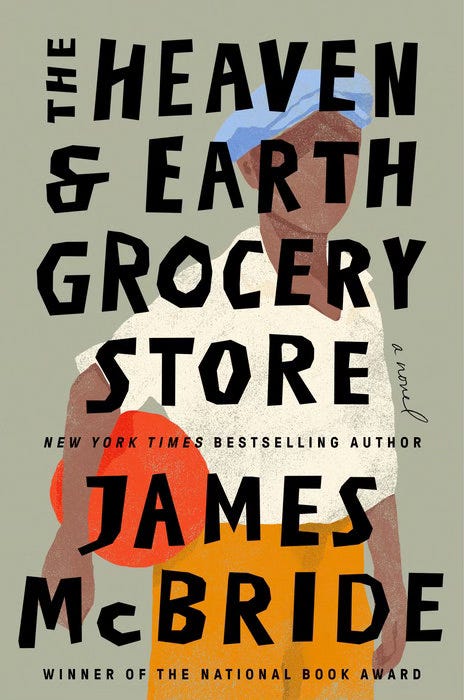
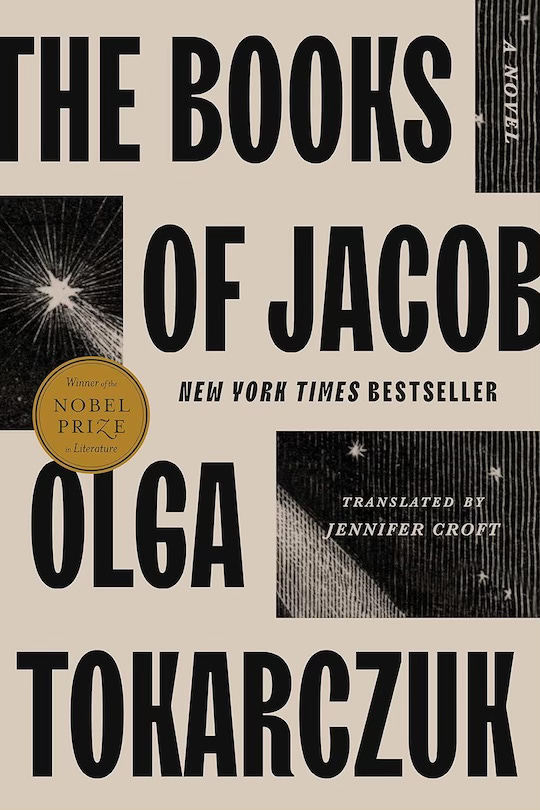
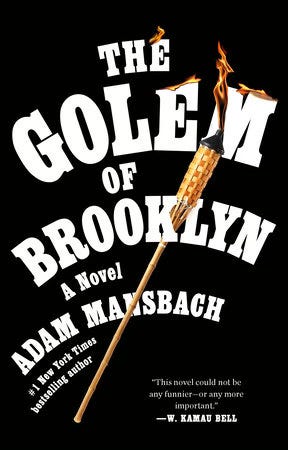
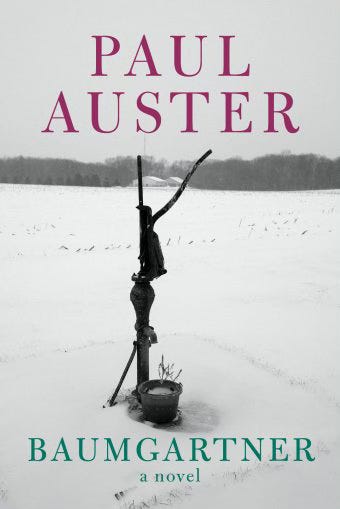
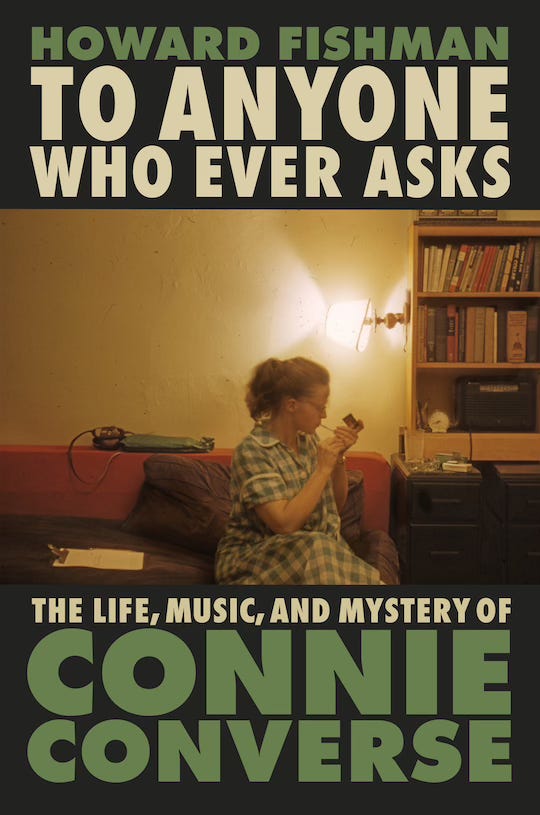
I was especially absorbed and moved by the first two!